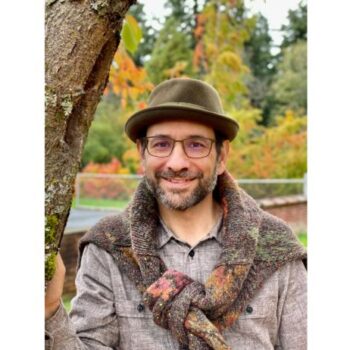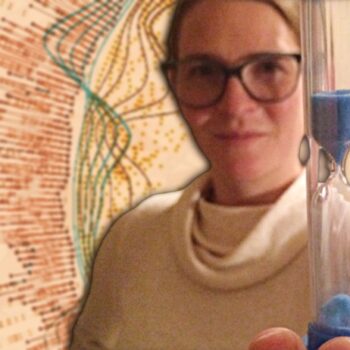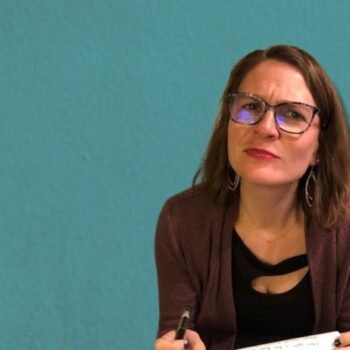So much has happened since Pesach last year. The war in Ukraine is now in its second year, Israeli protesters managed to slow the passage of a judicial overhaul that would have eroded a necessary system of checks and balances, while America, in case after case, has been struggling to determine what we think freedom of speech means and where its limits should be. We also witnessed the rollback of Roe v. Wade, which resulted in many states curtailing women’s freedom of reproductive autonomy.
Caring for one another - whether parent to child, child to parent, friend to friend, congregant to clergy - is a way in which we humanize, connect, and lift up those close to us. This act of mutual care appears throughout our Torah, but is poignantly described in our portion this week.
On Wednesday, many Israelis observed a Yom Kippur Katan, a day-long fast at the urging of Rabbi David Stav of the Tzohar Rabbinical Organization. Tzohar has been an interesting and moderating religious force in Israel. While an Orthodox organization, they have maintained a broad view of Israeli society, reaching out and serving countless secular Israeli Jews.
I’m drawn to the notion that we’re held responsible, by God, for those things we should have done, but didn’t. I love this moment of Torah. Why? Because it’s yet another reminder that Judaism compels us to act, whether that’s checking in on a friend or standing up to injustice.
This week, congregations around the globe will complete the Book of Exodus as we read from the final two parshiot of Vayakhel-Pekudei. The latter half of Exodus concerns itself with the plans for building the Mishkan, our ancient Tabernacle where communal offerings were brought.
When we read any of our sacred texts, we’re told that no word should be taken for granted, that every word has meaning and then some. However, this section of text, which closes the second book of the Torah, is repetitive in nature. So, why would God or Moses include this repetition?
Fifteen years ago, my freshman roommate from college, Eric, and I had a spirited conversation. Eric was a translator, versed in several languages, and when I proposed that pretty soon, machines would make his work obsolete, he scoffed at the notion. At that point, Google Translate was only a couple of years old, and its work product left something to be desired. In the years since, as machine translation improved, Eric had to reconcile himself to a new reality—there was no more money to be had in translation.







